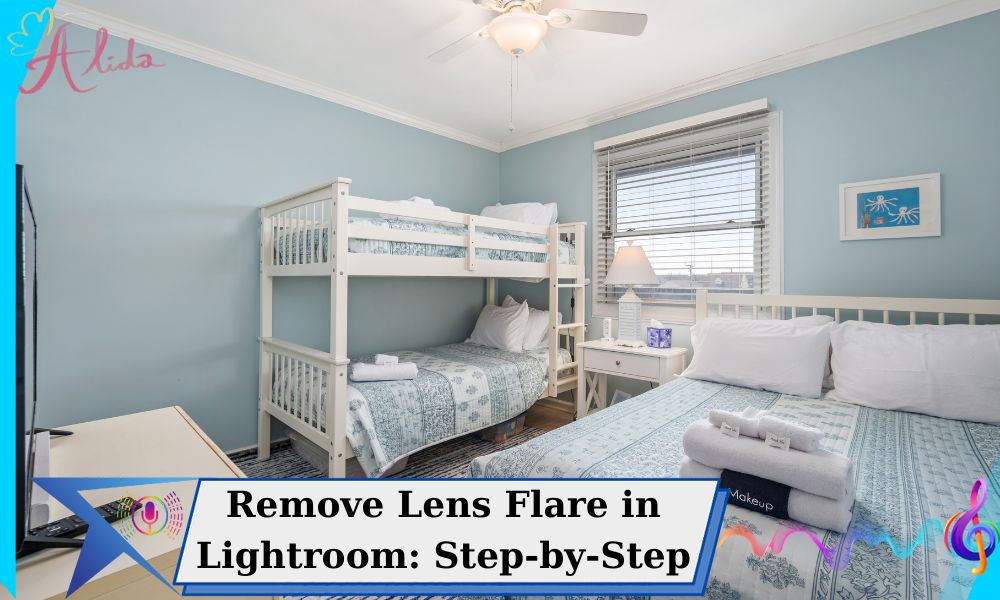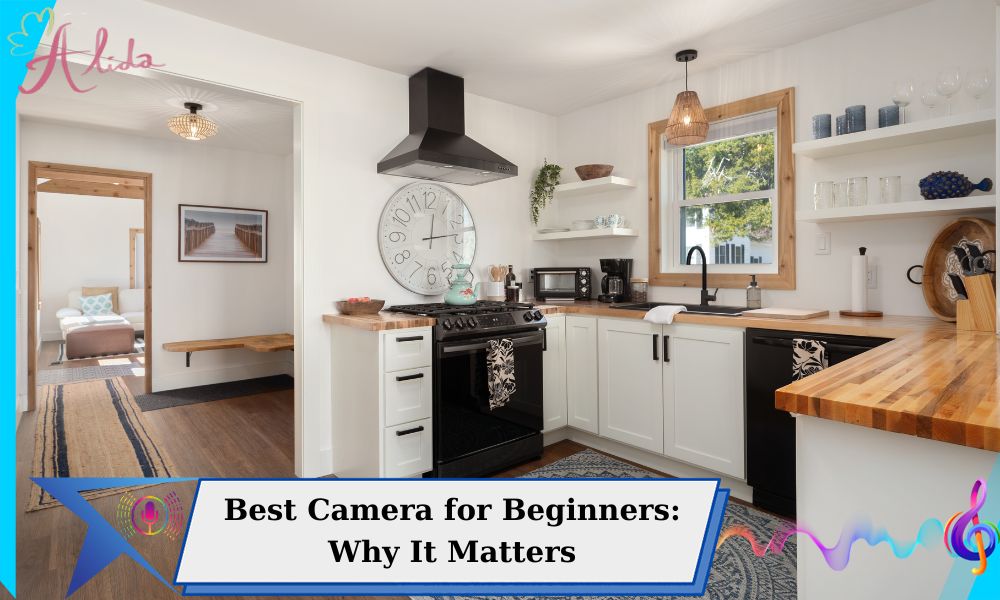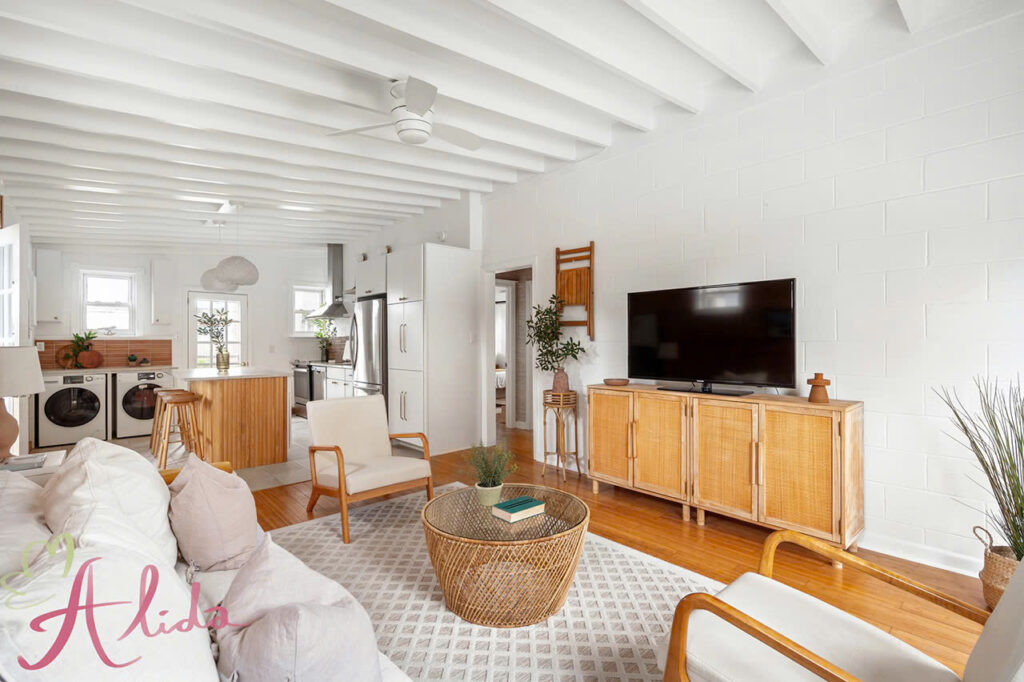Open houses have long been a staple in the real estate industry, providing a platform for potential buyers to explore properties in person. However, as the digital age has advanced, new trends and technologies have reshaped how people buy and sell homes. This shift has led many to question whether the traditional property open house is still a relevant and effective marketing tool. In this article, we will explore the advantages and challenges of hosting open houses in the modern real estate market, providing a comprehensive look at why they may still matter or why they might not be as effective as they once were.
Overview of Property Open House in Real Estate
A property open house is an event where a home for sale is open to the public for viewing. This provides prospective buyers the chance to walk through the property, ask questions, and see the space in person. Open houses typically serve as an essential tool for real estate agents to showcase properties and generate interest. Sellers hope that these events will attract serious buyers, and buyers benefit from the opportunity to view homes without committing to a private showing.
The Significance of Open Houses for Both Buyers and Sellers
For sellers, open houses offer a low-cost and low-pressure way to showcase their home. It’s an opportunity to reach multiple potential buyers in a short time, sometimes resulting in quicker sales. For buyers, open houses offer a casual way to view properties, providing a first impression that photographs and online listings may not capture. It gives them a better understanding of the property’s layout, neighborhood, and overall feel.
However, as the real estate market continues to evolve, some industry experts argue that open houses may not be as effective as they once were. Let’s dive into the reasons why open houses may not be the best option for everyone.
I. Why Open Houses Might Not Be Effective
1. They Don’t Attract Serious Buyers
One of the most significant challenges with open houses is that they often don’t attract serious buyers. While an open house may bring in a large number of people, not all of them are genuinely interested in purchasing the property. Some may just be browsing, gathering ideas, or simply attending out of curiosity. Unlike private showings or appointments, open houses don’t allow agents to vet attendees, meaning the number of truly qualified buyers is often lower.
2. Competition with Online Listing Platforms
The rise of real estate platforms such as Zillow, Realtor, and Redfin has drastically changed how buyers search for homes. With the convenience of virtual tours, detailed photos, and comprehensive property information online, many buyers are turning to digital listings instead of attending in-person events. These platforms allow potential buyers to narrow down their options without leaving the comfort of their homes, reducing the need for attending open houses.
3. Less Effective at Showcasing the Property
Open houses can be crowded, making it hard for agents to engage with buyers and showcase the property effectively. This lack of personal attention may prevent buyers from fully appreciating the home’s features. Private showings allow for more time, focus, and individual interaction, helping buyers make more informed decisions.
4. High Costs and Time Investment
Organizing an open house involves both time and money. Sellers often have to prepare the property—cleaning, staging, and even hiring an agent to host the event. With no guarantee that the open house will result in a sale, these costs can be a significant burden. The resources invested in an open house may not always yield a proportional return, especially when compared to digital marketing strategies, which can reach a broader audience with less investment.
5. Security Concerns
Allowing strangers into a home, even with an agent present, can pose security risks. Sellers must trust that the attendees are legitimate buyers, but there’s no way to fully screen each visitor before they enter the property. This lack of control over who attends could result in safety issues, including theft or vandalism.
II. Why Property Open House Still Matters?
Despite the challenges, open houses still have a place in the real estate market. Here’s why they remain relevant today.
1. Provides a Real-World Experience
Open houses remain important because they allow buyers to experience the property in person. While photos and videos provide a glimpse, they can’t fully capture the atmosphere, layout, or help buyers visualize themselves living there, which is key to the decision-making process.
2. Increases Opportunities for Both Buyers and Sellers
Open houses create an environment where buyers can directly meet sellers or agents, ask questions, and receive immediate feedback. This direct communication can help buyers feel more confident in their decisions. Additionally, sellers can gather valuable insights into what potential buyers are looking for, allowing them to adjust their approach or pricing if necessary.
3. Great for Marketing Exposure
Open houses can generate significant attention within the local community and the broader real estate market. They create buzz and encourage neighbors, friends, and even curious onlookers to visit the property, increasing its exposure. The more people who see the home, the more likely it is to find a serious buyer. Plus, hosting an open house is a simple yet effective way to get the word out without investing heavily in other forms of advertising.
4. Builds Trust and Transparency
When buyers visit a home in person, they can feel more confident that the listing is accurate and that there are no hidden surprises. This transparency helps to build trust, which is critical in real estate transactions. Seeing the property firsthand also gives buyers an opportunity to assess any potential issues or areas that may need attention, fostering a sense of honesty from the seller.
5. Personal Interaction
For first-time buyers, open houses provide a unique opportunity to interact directly with real estate agents or sellers. This personal connection allows for immediate answers to questions and clarification of concerns, which can be far more efficient than exchanging emails or phone calls.
III. Conclusion
Open houses are valuable but may not always suit every property or seller’s goals. While they face challenges, they offer benefits like real-world experience and trust-building.
In today’s digital age, combining traditional and modern methods is key. Sellers should assess their goals before choosing an open house.
For professional real estate photo editing, contact Alida at photonews121@gmail.com.








